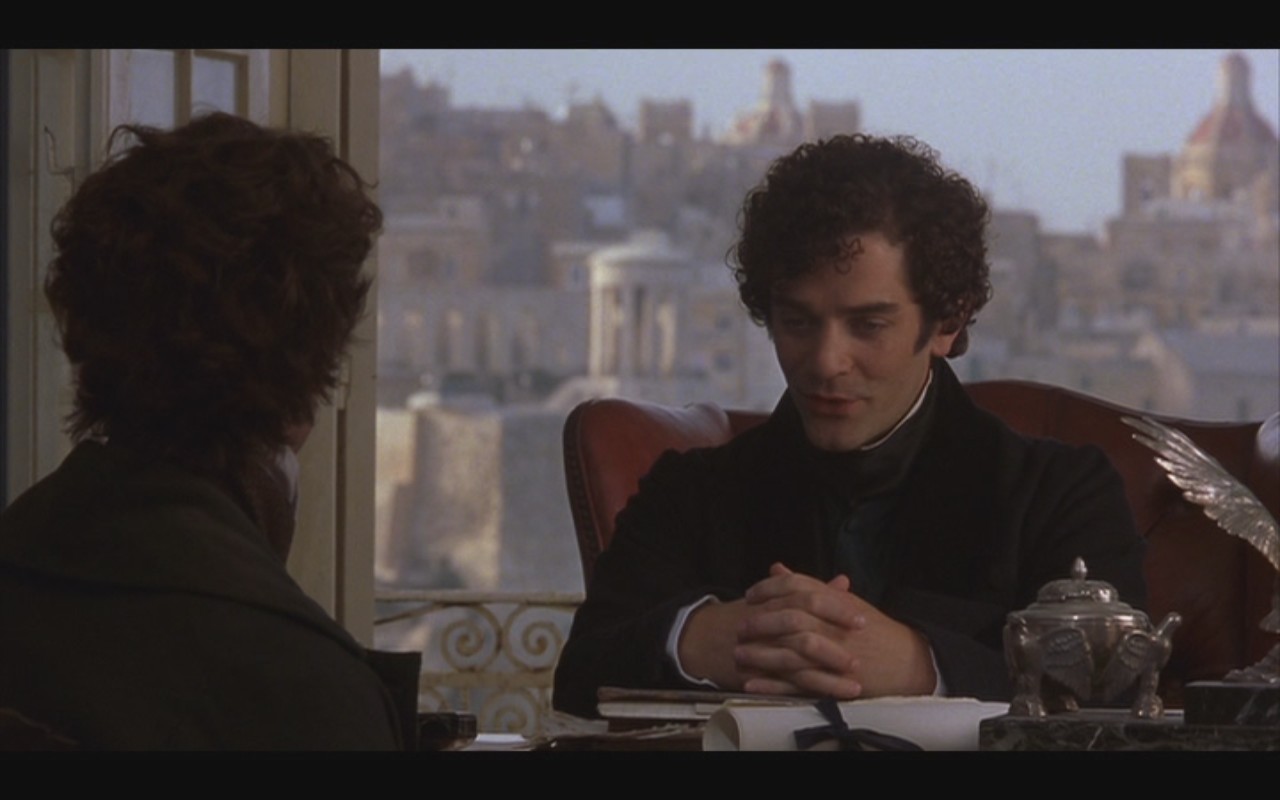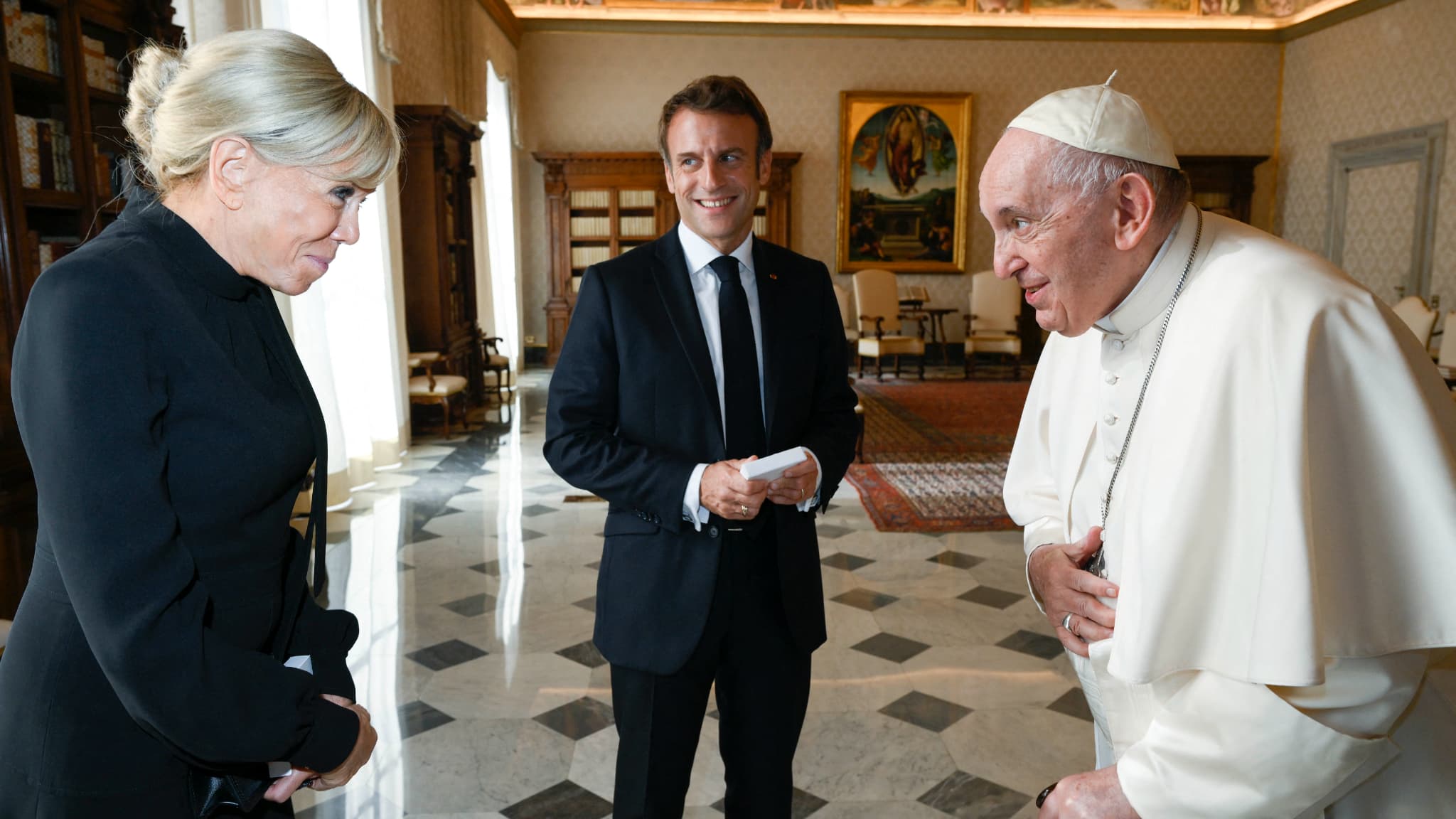A Critical Look At The Count Of Monte Cristo

Table of Contents
The Allure of Revenge in The Count of Monte Cristo
The central theme of The Count of Monte Cristo is undeniably revenge. Edmond Dantès's entire existence after his wrongful imprisonment is driven by his desire for retribution against those who betrayed him. This powerful desire, fueled by injustice and suffering, propels the narrative forward and keeps readers captivated.
Edmond Dantès's Transformation
Edmond's journey from an innocent, ambitious young sailor to the cunning and wealthy Count of Monte Cristo is a compelling study in human transformation.
- Unjust Imprisonment: Falsely accused and imprisoned in the Château d'If, Edmond endures years of brutal confinement.
- Self-Education: Within the prison walls, he undergoes a remarkable self-education, learning languages, fencing, and various other skills, transforming himself intellectually and physically.
- Acquisition of Wealth and Power: His discovery of the treasure on Monte Cristo allows him to amass immense wealth and influence, providing the means to enact his elaborate plan of revenge.
This transformation is not merely physical; it's a deep psychological shift. Betrayal shatters Edmond's trust, replacing his youthful innocence with a calculated ruthlessness. His actions, while driven by understandable anger, blur the lines between justice and vengeance. The concept of "poetic justice," where the guilty receive punishment fitting their crimes, is a key element, but Edmond's methods frequently exceed the boundaries of simple retribution.
The Morality of Revenge
Edmond's quest for revenge raises significant ethical questions. Does his pursuit of justice justify his often cruel and manipulative methods?
- Acts of Revenge: He systematically targets Danglars, Fernand, and Villefort, employing cunning schemes and playing on their weaknesses to ruin their lives.
- Consequences: His actions have far-reaching consequences, affecting not only his enemies but also those close to them, including innocent individuals. The cyclical nature of revenge is highlighted, showcasing how one act of vengeance can lead to another, creating a destructive chain reaction.
The novel subtly suggests that even achieving revenge doesn't necessarily bring satisfaction or peace. Edmond's transformation, while fulfilling his thirst for retribution, also leaves him emotionally scarred and isolated.
Exploring Justice and Injustice in The Count of Monte Cristo
The Count of Monte Cristo provides a scathing critique of the French legal system and its inherent flaws, highlighting how social inequality and corruption can lead to miscarriages of justice.
The Failure of the Justice System
Edmond's wrongful imprisonment is a stark example of the system's failures.
- Corruption and Manipulation: The novel exposes the corrupt nature of individuals within the legal system, showcasing how personal ambition and greed can override fairness and impartiality.
- Social Inequality: Edmond's relatively low social standing makes him vulnerable to manipulation and leaves him with limited recourse against powerful adversaries.
Dumas uses Edmond's case to comment on the broader societal issues of the time, underscoring how the justice system can fail the marginalized and the powerless.
Edmond's Brand of Justice
Edmond's methods of achieving "justice" are questionable. While he targets those who wronged him, his actions often mimic the very injustices he suffered.
- Comparison to Legal Processes: Edmond's clandestine methods stand in stark contrast to the formal processes of the law. He bypasses due process and legal safeguards, resorting to manipulation and deception.
- Justice vs. Vengeance: The novel forces us to consider the blurred lines between justice and vengeance. Edmond's actions, while understandable, raise questions about whether true justice can ever be achieved through revenge.
Themes of Redemption and Forgiveness in The Count of Monte Cristo
Despite the central theme of revenge, The Count of Monte Cristo also explores the possibility of redemption, both for Edmond and his enemies.
Edmond's Capacity for Forgiveness
While driven by revenge, Edmond displays moments of mercy and compassion.
- Examples of Clemency: He chooses not to kill some of his enemies, opting instead for more subtle forms of punishment. In some cases, he shows a degree of empathy and understanding.
- Impact on Edmond: These acts of forgiveness, even if infrequent, suggest a possibility of healing and emotional growth for Edmond. They highlight the potential for transformation even after enduring such profound suffering.
The Limitations of Forgiveness
The novel acknowledges the limitations of forgiveness. Some wounds are too deep to heal.
- Instances of Unforgivable Acts: Some of Edmond's enemies' actions are so heinous that forgiveness seems impossible, even for a man as capable of compassion as Edmond.
- Lasting Effects of Betrayal: The novel realistically portrays the lasting psychological scars of betrayal and how they can prevent complete reconciliation.
Conclusion
The Count of Monte Cristo is far more than just an adventure story; it's a complex exploration of revenge, justice, and the enduring struggle for redemption. Dumas masterfully intertwines thrilling plot twists with profound reflections on morality, social injustice, and the human capacity for both cruelty and compassion. The novel's enduring appeal lies in its exploration of timeless themes, highlighting the complexities of human nature and the enduring power of both vengeance and forgiveness. Have you been captivated by the intricate plot and compelling characters of The Count of Monte Cristo? Share your thoughts on the novel's enduring themes in the comments below! Let's discuss the enduring legacy of The Count of Monte Cristo and its exploration of revenge, justice, and the human condition.

Featured Posts
-
 Wbo Weighs Usyk Dubois Rematch The Impact On Parkers Mandatory Challenger Status
May 04, 2025
Wbo Weighs Usyk Dubois Rematch The Impact On Parkers Mandatory Challenger Status
May 04, 2025 -
 Utrechts Wastewater Plant Unveils Groundbreaking Heat Pump Technology
May 04, 2025
Utrechts Wastewater Plant Unveils Groundbreaking Heat Pump Technology
May 04, 2025 -
 Macron Et La Russie Une Pression Renforcee Dans Les Prochains Jours
May 04, 2025
Macron Et La Russie Une Pression Renforcee Dans Les Prochains Jours
May 04, 2025 -
 Afghan Migrant Accused Of Threatening To Kill Nigel Farage While Traveling To Uk
May 04, 2025
Afghan Migrant Accused Of Threatening To Kill Nigel Farage While Traveling To Uk
May 04, 2025 -
 Eviter Les Betises Guide De Prevention Des Actions Irreflechies
May 04, 2025
Eviter Les Betises Guide De Prevention Des Actions Irreflechies
May 04, 2025
